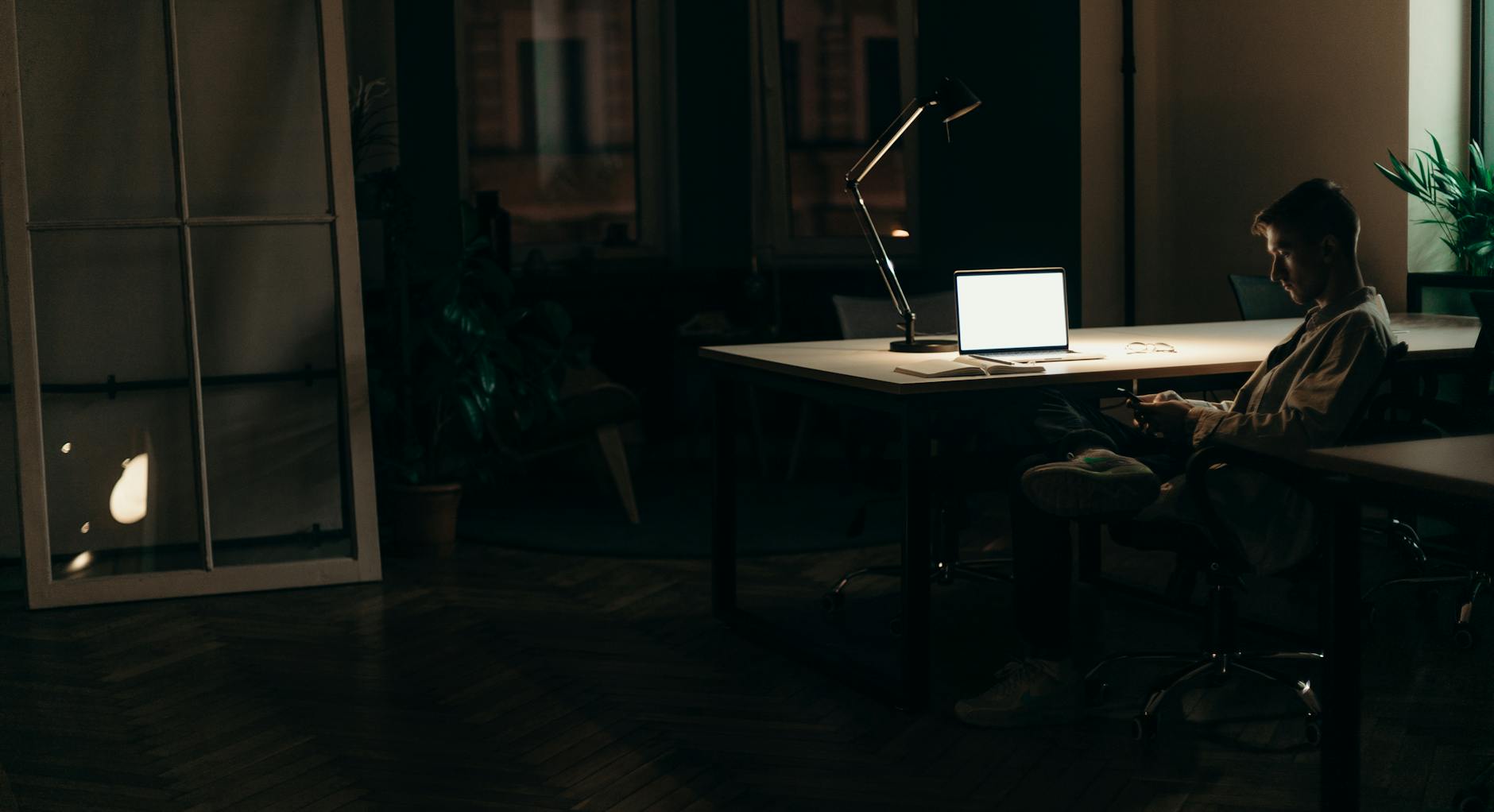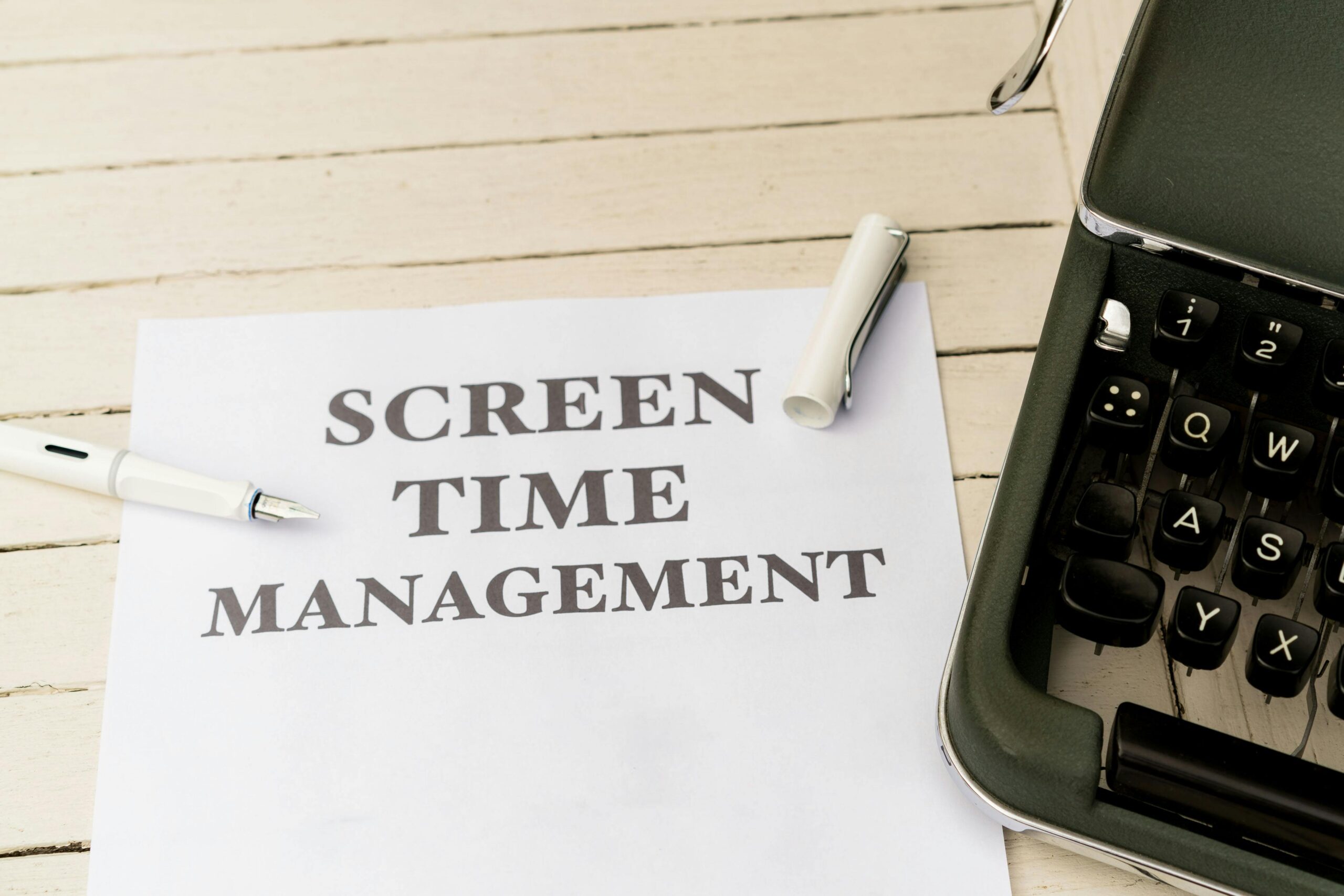You know that feeling when you’re scrolling through your phone late at night, and suddenly you can’t seem to fall asleep? Blame it on the blue light emitted by your devices. Blue light tricks your brain into thinking it’s still daytime. While this article isn’t exclusively about finding the best blue light glasses, it is important to understand how you can improve your overall health.
For more information on balancing screen time and sleep, click here.
How Blue Light Glasses Can Help
But fear not! That’s where the best blue light glasses come in. By filtering out the blue light from screens, these glasses allow your body to naturally wind down as the evening progresses. It’s like giving your brain a gentle nudge, saying, “Hey, it’s time to start getting sleepy.”
Tips for Using Blue Light Glasses Effectively
To make the most of your blue light glasses, try wearing them at least a couple of hours before bedtime. This gives your body enough time to adjust to the reduced exposure to blue light. Also, consider dimming the brightness of your screens and using warmer, less blue-toned lights in the evening.
The Science Behind Blue Light Glasses
Studies have shown that wearing blue light glasses can improve sleep quality and duration, especially for those who use screens heavily in the evening. So, if you’re someone who enjoys late-night Netflix binges or catching up on social media before bed, investing in a pair of blue light glasses could be just the ticket to a better night’s sleep.
What is Melatonin and Why is it Important for Sleep?
Melatonin is a hormone produced by your brain’s pineal gland, and it plays a crucial role in regulating your sleep-wake cycle. Think of it as your body’s internal clock. It tells you when it’s time to sleep and when it’s time to wake up. Melatonin levels naturally rise in the evening as it gets darker, signaling to your body that it’s time to wind down and prepare for sleep.
How Blue Light Affects Melatonin Production
Now, here’s where blue light comes into play. When you expose yourself to blue light, especially in the evening and nighttime, it can interfere with your body’s natural production of melatonin. Blue light tricks your brain into thinking it’s still daytime, suppressing the production of melatonin. This can lead to difficulty falling asleep and disrupted sleep patterns.
The Role of Blue Light Glasses in Preserving Melatonin Production
Enter the best blue light glasses. By wearing blue light glasses, you can filter out the harmful blue light emitted by screens and artificial lighting. This allows your body to continue producing melatonin as it should. This means you’re less likely to experience sleep disturbances caused by blue light exposure, resulting in better sleep quality and overall well-being.
click here for more about melatonin
The Science Behind Blue Light Filtering
Have you ever wondered how blue light glasses actually work? It’s all about the lenses. The best blue light glasses are equipped with special lenses that are designed to filter out a significant amount of blue light emitted by screens and artificial lighting. These lenses are often coated with a special filter that selectively blocks out blue light. This allows other wavelengths of light to pass through.
How Blue Light Glasses Protect Your Eyes
When you wear blue light glasses, the lenses act as a barrier, reducing the amount of blue light that reaches your eyes. This can help reduce eye strain, dryness, and discomfort that often accompany prolonged screen time. By filtering out blue light, these glasses can also help protect your eyes from potential long-term damage caused by overexposure to blue light.
Choosing the Best Blue Light Glasses for Your Needs
When shopping for blue light glasses, look for lenses that offer a high level of blue light protection, ideally blocking at least 90% of blue light. You’ll also want to consider the style and fit of the glasses to ensure maximum comfort and effectiveness. Remember, the best blue light glasses are the ones that you’ll actually wear, so choose a pair that you feel good in.
How Blue Light Contributes to Eye Strain and Fatigue
You know that feeling when your eyes are tired and achy after staring at a screen for too long? That’s because of blue light. Blue light emitted by screens can cause your eye muscles to work harder, leading to eye strain and fatigue. This can also result in headaches and difficulty focusing, making it harder to get through your day.

How Blue Light Glasses Can Help Relieve Eye Strain
The best blue light glasses are designed to reduce the amount of blue light that reaches your eyes. This provides relief from eye strain and fatigue. By wearing blue light glasses, you can give your eyes a break and reduce the strain caused by prolonged screen time. This can lead to less discomfort and better overall eye health.
Tips for Using Blue Light Glasses Effectively
To get the most out of your blue light glasses, try wearing them consistently whenever you’re using screens, especially in the evening and nighttime. This can help regulate your body’s natural sleep-wake cycle and reduce eye strain. Additionally, remember to take regular breaks from screens to give your eyes a rest. Consider adjusting the brightness and contrast of your screens to reduce strain further. Give our PixelGuard Pro’s a go, we think you’ll love them!


